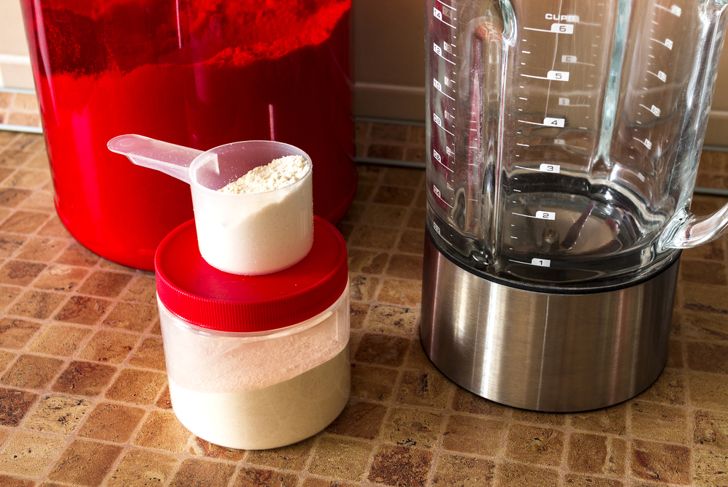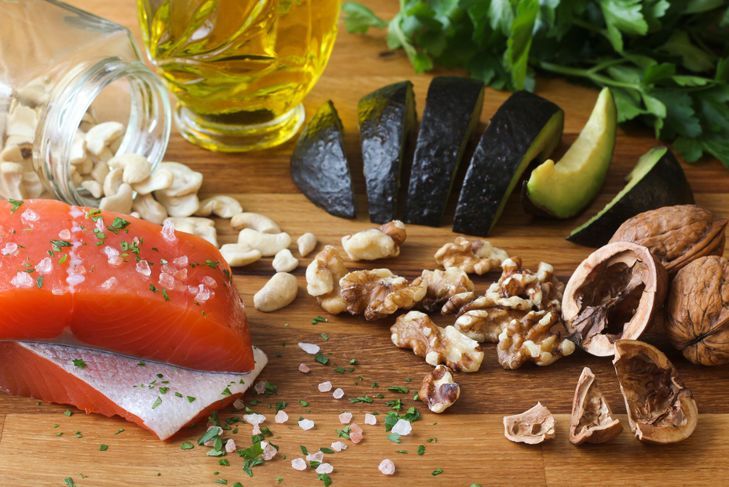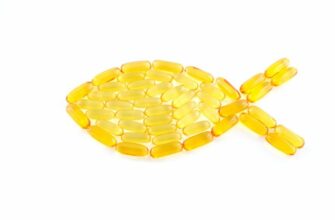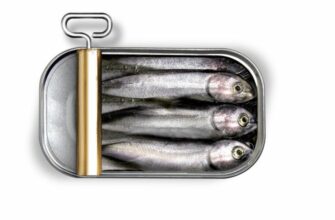You’re pushing it hard at the gym, getting your sweat on—and we commend you for that. But don’t underestimate the importance of proper recovery after a workout. For a healthy, strong body, recovery is just as crucial as the exercise itself. To get toned—or ripped—your muscles need the proper rest, healing time, and nutrients to fully recover and allow you to get back out there and push yourself to the limit once again.
Hydrate, hydrate, hydrate!
Your muscles are sore after a workout because of a buildup of lactic acid. When you drink water after a workout, you’re helping your body to flush out all those toxins which are building up in your system, causing pain and inflammation. Proper hydration also means proper lubrication of the joints, preventing joint pain post-workout. You certainly don’t want to risk dehydration. Dehydration is one of the biggest setbacks in muscle recovery—so drink water as well as drinks with electrolytes, like coconut water or juice.
Stretch it out
Regular stretching before and after a workout helps to keep your muscles flexible and strong so that they can quickly bounce back after an especially intense exercise regimen. For those who lift weights and focus on muscle toning, each contraction brings your muscle in—tighter and tighter. When you stretch after a workout, you are bringing the muscles back to their natural state. By doing this, you’re less likely to feel as ‘tight’ the next day. An excellent way to incorporate regular stretching into your routine is to take up a low-intensity stretching workout, like yoga. On your “off” day, practice yoga for 20 minutes for increased balance, flexibility, and stability. Your muscles will thank you.
Schedule in rest days and avoid overtraining
If you’ve reached a threshold in your workout routine, your body is sending you a message. Working out consecutively for days and weeks at a time will not necessarily make you any stronger. Weightlifters need one week off every few weeks of training to avoid overtraining. This week is dedicated to allowing your muscles to properly heal so that they can work harder when you get back to the gym. Same goes for days off. You can’t train the same muscles seven days a week. Try muscle training every other day. On your ‘off’ day from muscle training, do cardio.
Supplements
This one is for people with intense workout regimens and close-set goals who want to build muscle fast and need to recover as quickly as possible. Workout supplements like branch chain amino acids (BCAAs), glutamine, or ZMA can increase performance and recovery time to help you get the most out of each workout and each rest period. People who train hard and often can benefit from these boosters.
Start Juicing
There are many superfoods out there that contain all the important nutrients you need for a quick recovery. The challenge is in managing to eat all of them. Juicing is a great way to condense those essential vitamins, minerals, and antioxidants your body needs without chowing down. Juicing also increases the bioavailability of many nutrients that would be difficult for your body to extract otherwise. It helps to break down the compounds so that your body can readily absorb them for quick muscle recovery.The best foods to juice for increased performance and quick muscle recovery are: beets for their high nitrate content; spinach for its varied nutrition profile and concentrated antioxidant content; watermelon for its hydrating qualities; green peas for their high protein content; wheatgrass for its varied nutritional profile including 19 amino acids; kale for its antioxidant, anti-inflammatory, and anticarcinogenic qualities; and aloe vera for its amino acid content.
Eat an Anti-inflammatory Diet
Chronic inflammation plagues much of the population—and its flying under the radar. Many people are not aware that the foods they eat cause the arbitrary aches, pains, and fatigue they feel. An anti-inflammatory diet consists of organic foods including whole grains, lean protein, and fresh produce. Genetically modified, processed, and modified foods cause your body to be overloaded with toxins and free radicals which build up in—and wreak havoc on—your system. You’re more likely to recover quickly when you are supplying your body with the right nourishment.
Try Cryotherapy
Cryotherapy is a therapy using very low temperatures. It’s no secret that ice reduces inflammation, swelling, redness, and pain. If you’re feeling inflamed and uncomfortable, fill your bathtub with ice and water and take a quick dip. Feeling adventurous? Find a cryotherapy chamber near you. It’s all the rave in the athletic community, where athletes like Kobe Bryant, Cristiano Ronaldo, and celebs like Jessica Alba swear by it. A cryotherapy chamber reaches -284 degrees F. Your body is sprayed with a light mist of nitrogen to lower the temperature further, and you stand in the chamber for only a few minutes with an attendant by your side. Your body kicks into survival mode, blood rushes to your core, fills with oxygen, and rushes back to the rest of your body, quickly repairing muscle damage. If you can afford it, it’s worth a try. If not, good-ole-ice should do the trick.
Get Some zzz’s
Getting adequate sleep is essential to muscle recovery. When you don’t, your body cannot regulate glucose, blood pressure, and cognitive processes correctly. When a person lacks sleep, the activity of protein synthesis pathways decreases and the activity of degradation pathways increases. This means that a person can lose muscle mass—hindering muscle recovery—by not sleeping enough. The ideal amount of sleep for the average adult is 7-8 hours. Do yourself a favor and get at least 7 hours for optimal muscle recovery.
Take it Easy
We’re not talking about taking it easy on yourself during a workout. Reducing chronic stress in your life to a minimum is important. When you are constant stress mode, your body releases cortisol—also known as the ‘stress hormone.’ Too much cortisol in your system can raise your blood pressure and lower your bone density over time. Also, you should be lowering your physical stress. Don’t lift heavy things. Get some downtime with a book each day to make the most out of your recovery time.
Get a Massage
One of the best ways to encourage healing in the muscles is through a full body massage. Massage stimulates blood flow and lymph drainage, it speeds up detoxification, and it increases flexibility. For beginners, a Swedish massage can calm the muscle through long strokes. Regulars may want to try a deep tissue massage which—while maybe a little painful—is the best way to access the deeper muscles and relieve tension.
If you’re willing to put the time and effort into training, don’t blow it all by skipping out on essential recovery techniques. Provide your body with the hydration, nutrients, and rest it needs to recover so that you can keep exercising long-term!

 Home
Home Health
Health Diet & Nutrition
Diet & Nutrition Living Well
Living Well More
More




















